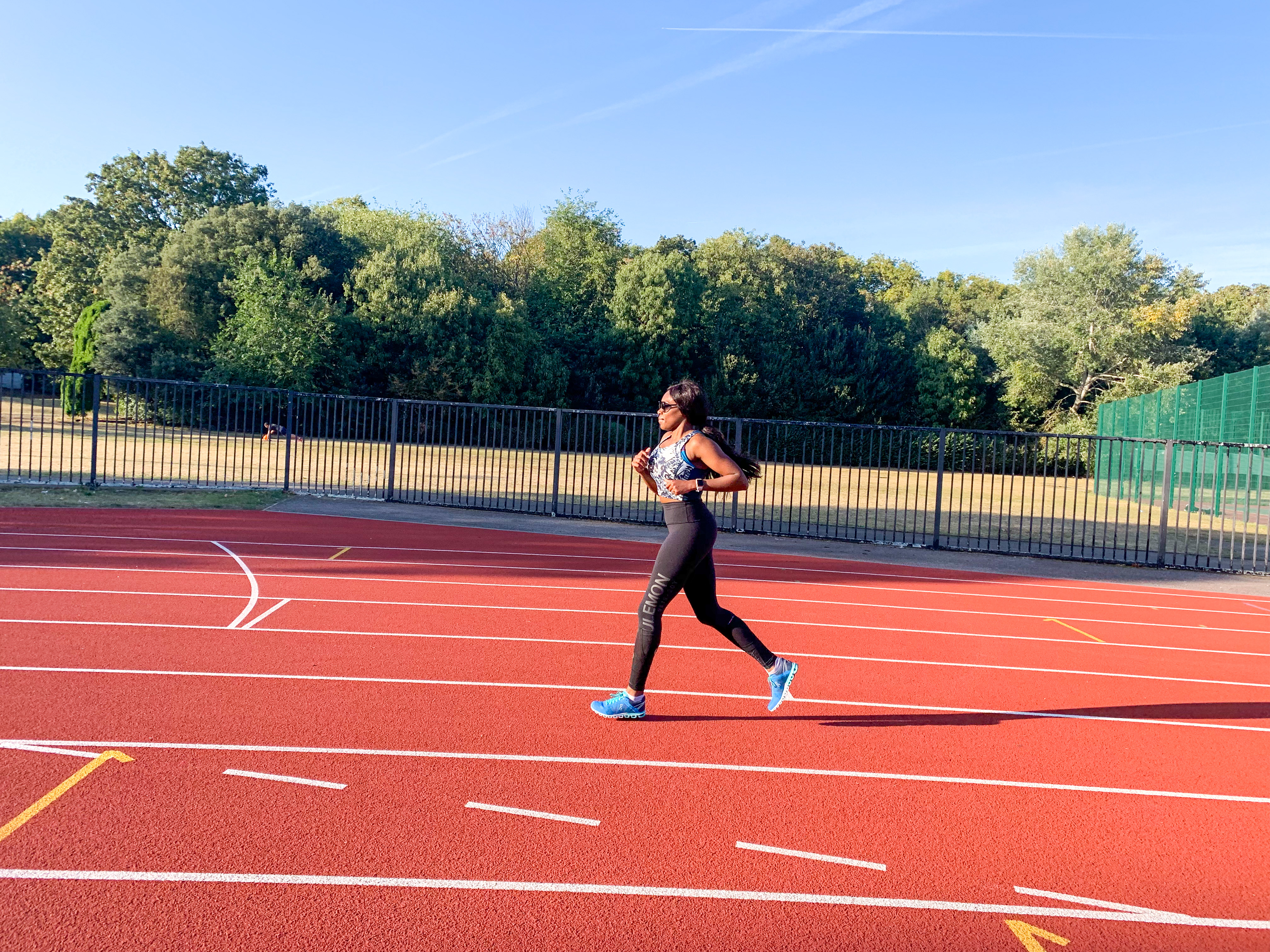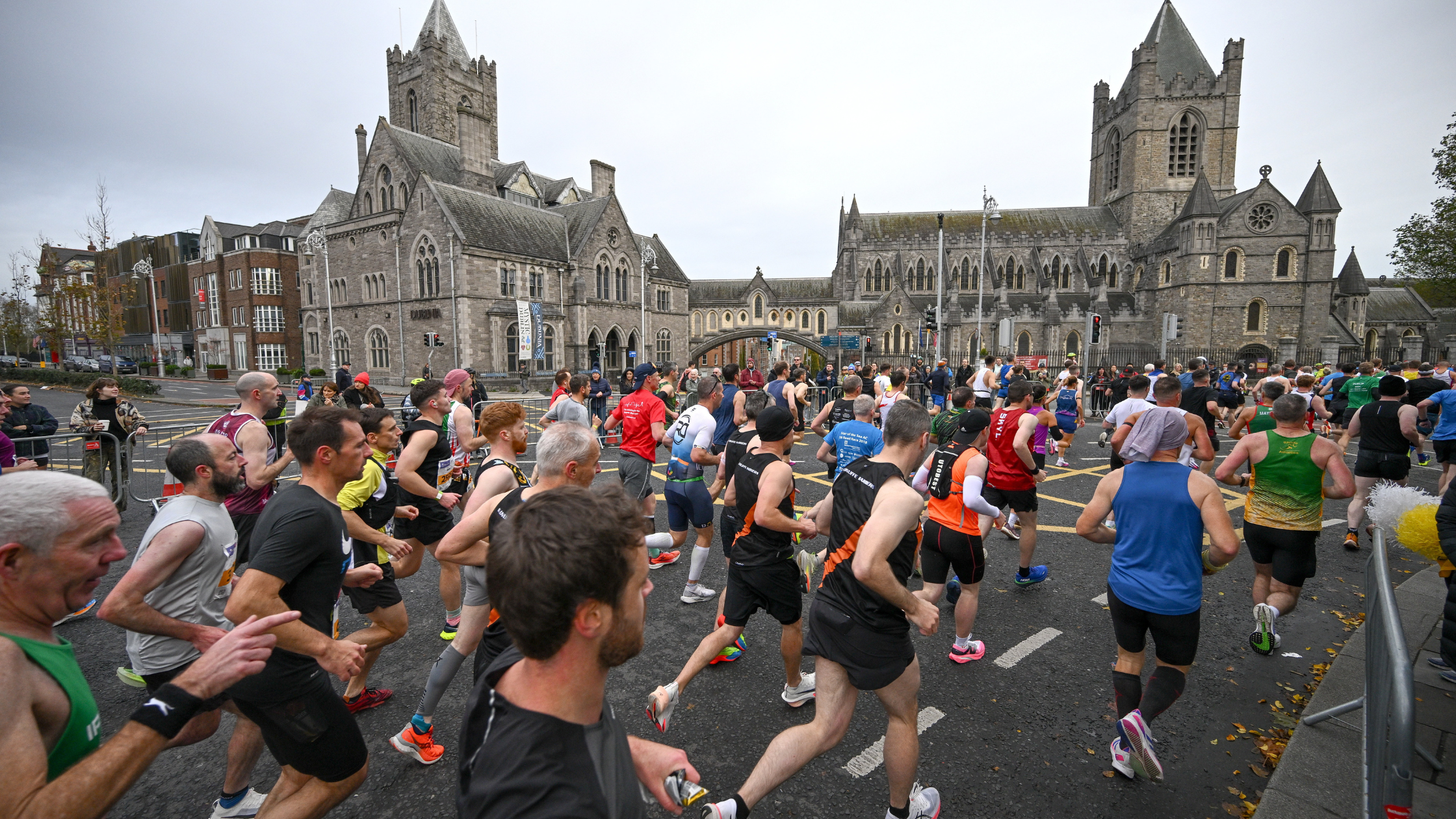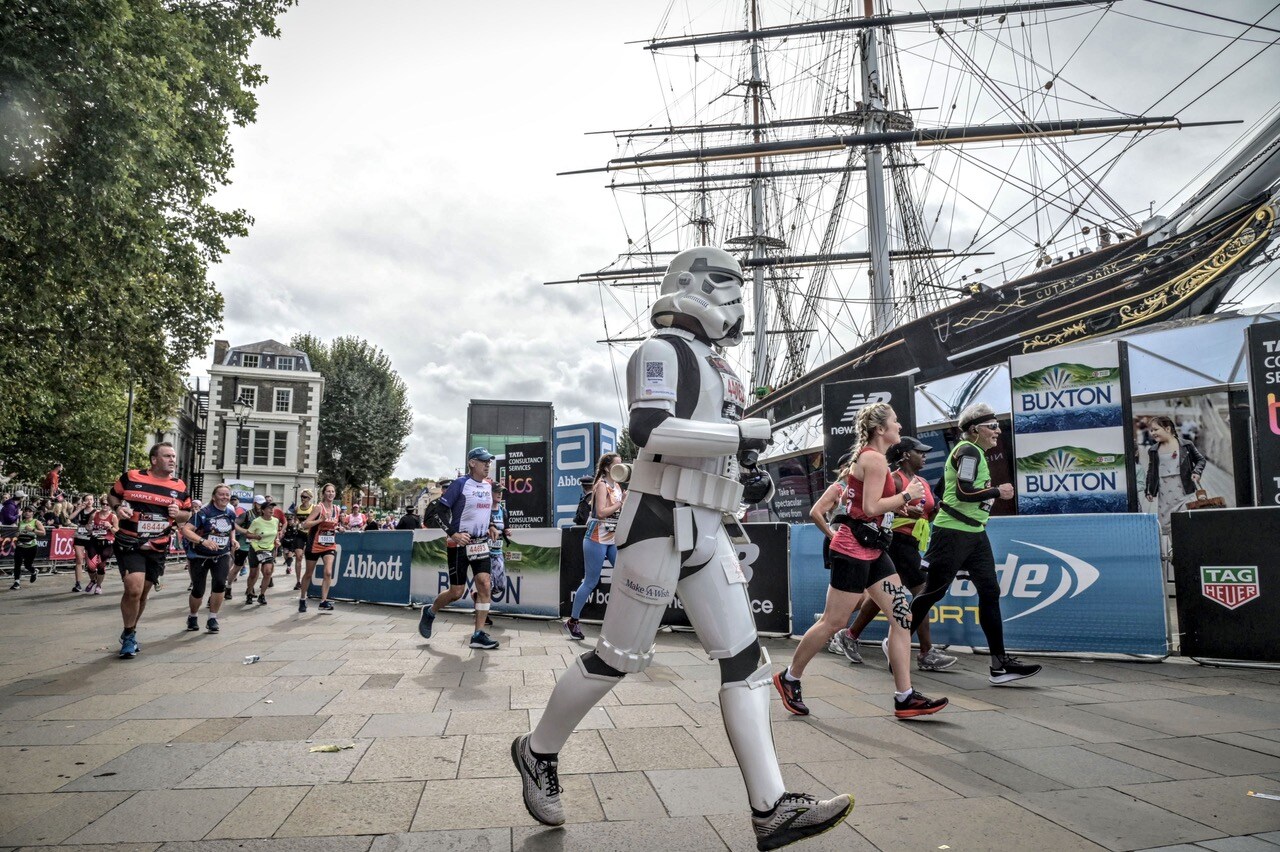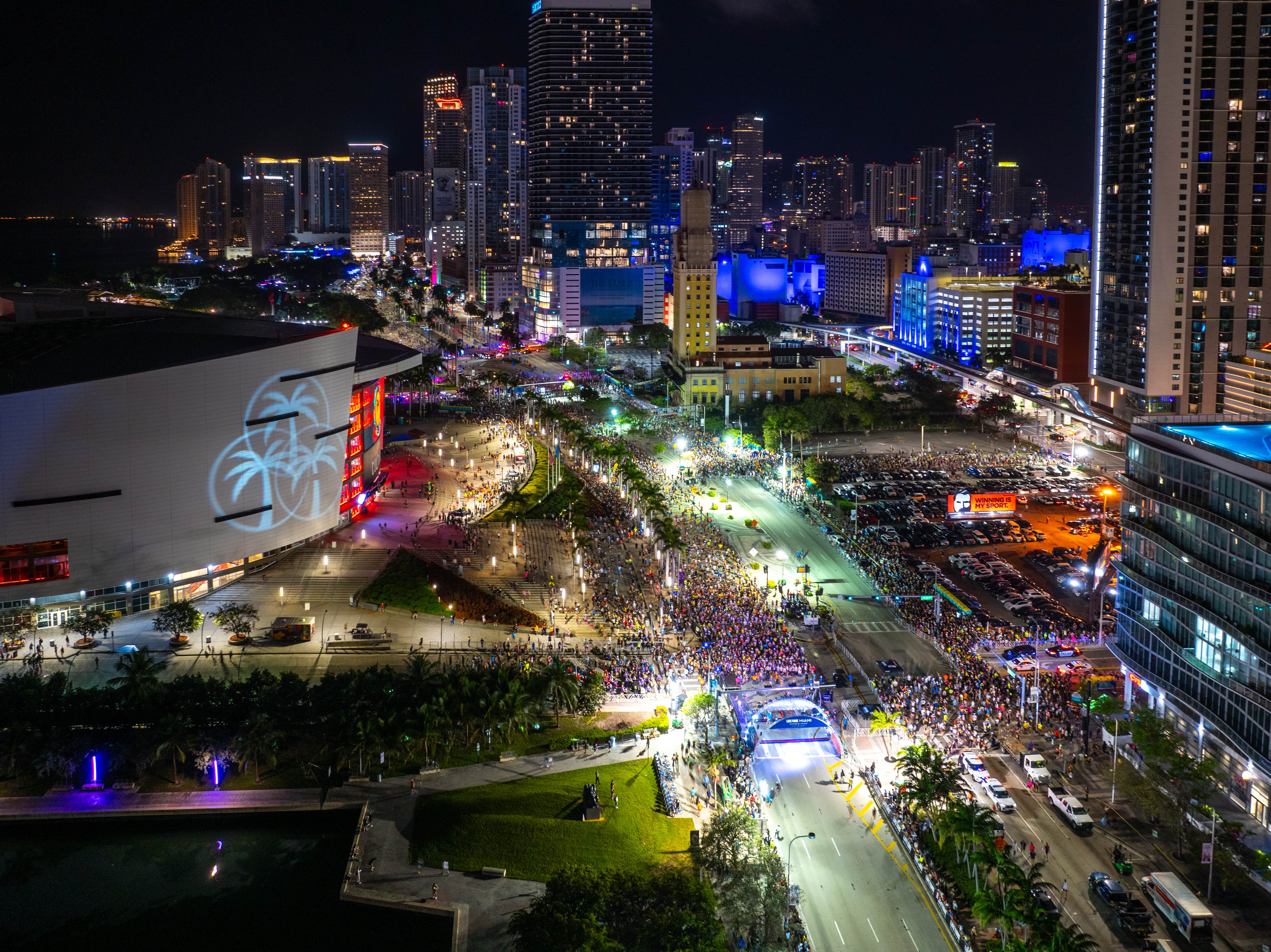If your race day is drawing nearer, you should be thinking about winding down your training and focusing on what you are eating and drinking. So what should you be consuming in the final week, days and hours approaching your race to help maximise your performance?
Check out our running nutrition guide and get the most out of your last few days before the race and on race day itself.
Carbo-load
During your training, you need to consume good-quality carbohydrates so that your your glycogen stores are fully replenished by race day. Ensure that you include carbohydrate in every meal and snack, and top up with fruit. Remember that cereal, starchy veg, crispbreads, rice cakes and jelly beans all count as sources of carbohydrate too. Isotonic sports drinks are also a useful backup.
Don’t overdo it
While you're stocking up on carbs, be careful not to unwittingly increase your calorie intake. It's the amount of carbs you are aiming to increase, not the amount of calories.
The final week before your race should be a very light week as far as physical activity is concerned, so you won't have much of an opportunity to burn off any excess calories. You can maintain your healthy race weight by cutting down on high-fat foods and junk food extras.
Maintain your healthy race weight by cutting down on high-fat foods and junk food extras.
Don’t neglect protein in your diet
Protein is essential in muscle repair and growth, and you do need a little more if you have been training very hard. Again, however, it's the proportion of protein that you are looking at increasing, not overall calorie intake.
Eating an equal-sized portion of protein with your carbohydrate-based food twice a day will ensure you get enough. For example, you could have a can of tuna on a baked potato, or a piece of chicken, fish or meat with rice or pasta.
Hydrate in the final week
With a week or so to go before your race, it’s time to start thinking about your hydration strategy. This does not begin on race day, but several days before. In the days leading up to your race, always have water with you, while you travel, while at work, and at home. Avoid excess alcohol, although a glass of wine or a beer won't do any harm, provided you don't overdo it.
24 hours from race day
With 24 hours to go, your main objective is to rest, stay hydrated and eat healthily, but not too much. Adopt a 'grazing' strategy, whereby you consume small meals throughout the day. If you do want to have a larger-than-normal dinner, if you are you are preparing for a marathon or other long-distance event, then have it earlier in the evening, so you avoid going to bed on a full stomach.
Adopt a 'grazing' strategy, whereby you consume small meals throughout the day.
Now really isn't the time to go trying new types of food so stick to stuff you know and trust. Avoid drinking alcohol the night before a race, as this will only dehydrate you to some extent, depending on how much you drink.
Breakfast on race day
Eating two to four hours before you run is the best so that it has comfortably settled on your stomach and is not likely to cause any gastrointestinal discomfort. The ideal pre-race meal should contain a small amount of fat and protein and a lot of carbohydrate.
Good options include a breakfast cereal with milk, toast with a scrambled or boiled egg, or a bagel with peanut butter and banana. If you feel too nervous to eat, opt for a liquid breakfast, such as a meal replacement or energy drink or fruit smoothie. Just make sure you consume something.
Race day hydration
Have one or two glasses of water with breakfast and keep sipping fluid up until around 20 minutes before the race start. If you have never experienced any GI problems from drinking tea and coffee before, then you'll almost certainly be fine to have a cup or two of tea or coffee, especially as research suggests that once you are on the move, your kidneys will go 'on hold', so you shouldn't need to answer the call of nature during the race itself.
Fuel on the run
Once the race is underway, the distance will dictate your fuel strategy. For any race that is going to take over an hour, you should consume an isotonic sports drink or energy gel rather than just water. You may even want to top up with high-GI snacks, such as jelly babies or fruit gums.
For events that will take less than an hour to complete, water on its own is fine. Whatever you choose to drink (or eat) on the run, make sure it's something that you are used to. The volume of how much to drink will be dependant on a number of factors including weather conditions, your personal hydration habits and the length of time you are going to be running for. Top up fluid levels approximately every 15 to 20 minutes.
As you approach a drinks station during the race, try to make eye contact with someone holding a drink out so they know that you are going to take it from them. Also, if you want to drink and run at the same time, you should practice this during your training as it's not as easy to do as you might think.
Be prepared for your race
A little thought and preparation can go a long way to making your race a success. Get plenty of carbs, proteins, fruit and veg and energy products and you should be fine.
Knowing what you are going to eat for dinner on the evening before your race, and for breakfast in the morning, should have you ready, relaxed, and perfectly fuelled for your race.














